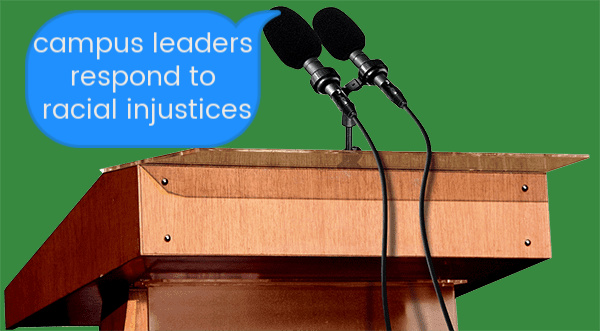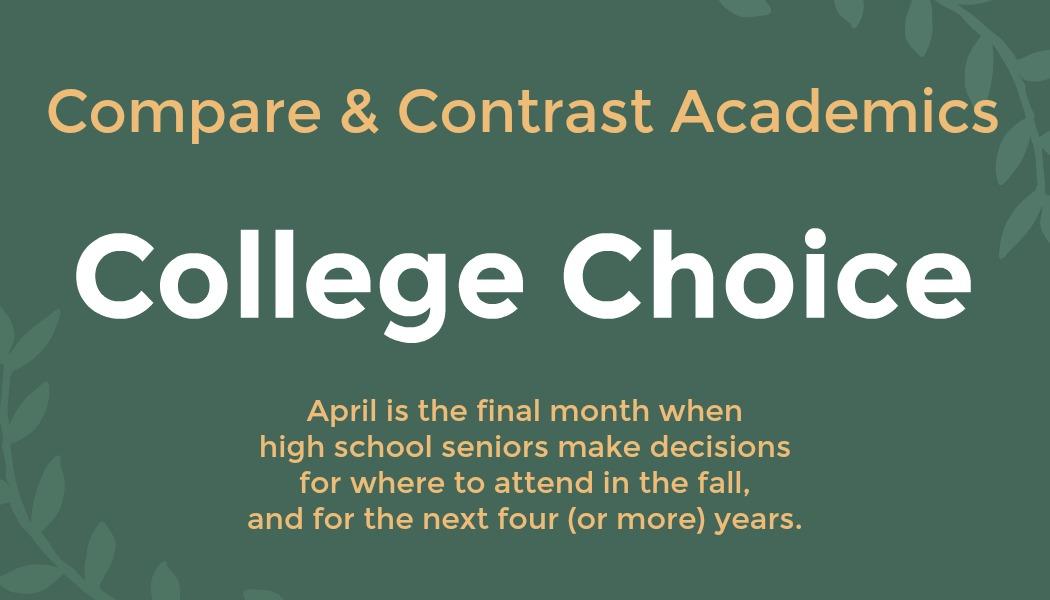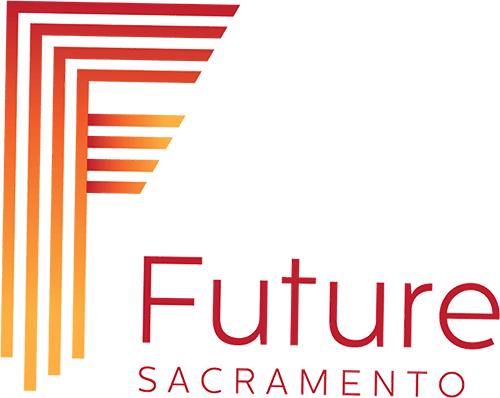As a campus community, we stand with the family of Ahmaud Arbery, who was murdered while jogging in Georgia by two white men. We stand with Christian Cooper, who was the victim of a woman’s attempt to use the police as a weapon against him while he pursued his passion for birdwatching in New York’s Central Park. We stand with the loved ones of Breonna Taylor, an essential worker during this pandemic who was killed in her home by police. We stand against the senseless killing of George Floyd in Minneapolis by a police officer who knelt on his neck, while three others watched and assisted, as Mr. Floyd choked out the same final words of another slain Black man, Eric Garner: “I can’t breathe.” Let us say their names, acknowledge their humanity, and commit to doing what we can to build a more just society. This is a time for greater self-examination of society’s institutions and structures—including our university—and a bold commitment to healthier national and campus cultures. In this way, we honor lives lost or forever changed through acts of hate and violence by bringing about change for justice and belonging.
Chancellor Carol Christ and Oscar Dubón, Jr., Vice Chancellor, UC Berkeley
Of racism overt and hidden. Individual and systemic. Blatant and audacious acts of violence and pernicious, barely perceptible microaggressions. Of course, these microaggressions are “barely perceptible” only to the perpetrators. Those who suffer them are always, painfully, aware. …The people pushing an agenda of violence must be stopped. They are taking away the livelihoods of many, including oppressed minorities and the proprietors of “mom and pop” shops who have already been ravaged by the COVID-19 pandemic. These are the very people we need to help – and the senseless violence and destruction dilute the public outrage and shift the focus away from demanding action against pernicious racism. We are not writing to deliver a stirring “feel-good” rallying cry. It is not the time to feel good and, frankly, we don’t have the solutions to bring racism and bigotry to a permanent end – solutions that the people of this country so fully and rightfully deserve. And any such attempt would be to belie the breadth and complexity of the issues. Instead, we will simply offer this immutable, absolute certainty: As our society and our nation are pulled apart by the powerful, centrifugal forces of hatred, intolerance, bigotry, ignorance, selfishness and greed, our California State University with its 23 campuses – and the faculty, staff and students who comprise them – will continue to serve as vital and essential wellsprings of the centripetal forces that will hold us together and lead to critical discourse and analysis, to understanding, resolve, action and healing through the current and future crises. Timothy P. White, Chancellor and the Senior Leadership of the California State University (5/31/2020)
This violence is not happening to other people…it is happening to all of us. I’ve spent a career spanning communities like Detroit, New York, New Jersey, and now San Jose. We are unquestionably connected whether the faces, languages, or traditions resemble yours or not. Our fundamental humanity is shared no matter the household in which you are born. These incidents cut to the core of our sense of physical and psychological safety, particularly for our African-American/Black community and for those whom we love, care, learn and work alongside. The attacks also reinforce and magnify the experience of systemic inequity and the slow progress that has been made over the years in our society and in our own context of higher education. Dr. Mary A. Papazian, President, San Jose State University
We urge our campus community to take time to fully consider and understand the anger, fear and judgement that individuals from underrepresented backgrounds feel every time something like this happens. These are our community members – our neighbors, friends, colleagues and more. Regardless of our racial identity, we may never fully understand what it’s like to be in someone else’s shoes, but acts of human kindness can help… We as a society must do better – and not just through our words, but with meaningful action and unbreakable conviction…we hope you will be courageous advocates for justice and a world that values everyone with equal respect, love and compassion. Jeffrey D. Armstrong, President, Cal Poly San Luis Obispo
Former president of the Black Student Union, Adwoa Akyianu, who told us that she wanted our ““apology in actions.” Her words have echoed in my head and in my heart since then, and I have spent much of this week thinking about how to change Sacramento State and
make it a truly safe place for all populations and identities of people…First and foremost, inclusion is not enough. We can work endlessly to create an inclusive environment, but without purposeful action by everyone, especially people who have lived for years under the protection of white privilege, to attack racism and bias, we will never achieve our goals… We cannot put this burden on the back of the MLK Center, the Dreamer Resource Center, the Multicultural Center, the Women’s Resource Center, and all the ally groups. We must all commit to this work and commit to holding one another accountable for our actions (and inactions) that perpetuate racism, hate, bias, and violence in our communities and our country. Robert S. Nelsen, President, Sacramento State (CSU Sacramento)
I lived in Georgia for nearly 30 years, where Ahmaud Arbery was hunted and killed. George Floyd could have been any African American man, including me. Beyond the constant barrage of fear of the negative consequences of birding while black, shopping while black, cooking out while black, exercising while black — it is just exhausting. And I’m tired. I can’t claim to speak for all African Americans or all people of color. And to ask me or others like me to do so is a burden others don’t have to carry. So I have thought a lot about how America got here, so long ago, and why we haven’t made as much progress as we often claim. The events of this week also cause me to believe even more strongly, if that’s possible, in building an inclusive environment that recognizes and respects people of all backgrounds and experiences. I remain committed to that and hope you will do what you can to eliminate racism, sexism, and other negative influences on our progression as a nation. Perhaps higher education can be that positive influence on lives beyond an education. Perhaps here we can create a way forward. Perhaps here we can breathe. Gary S. May, Chancellor, UC Davis
We must examine our own bias and have honest, courageous conversations with one another. We can grow to recognize racism and bias the way people of color live with it, every day. In so doing, we will find the strength to take on the struggle of those who don’t share in the privileges conferred to us by a system that we must change. Learning about George Floyd’s death was especially difficult this week, as the nation passed the grim milestone of 100,000 COVID-19 deaths. As has become clear, this public health crisis has had a disproportionately higher impact on black and Latinx communities. The novel coronavirus may be agnostic, but the health consequences of structural racism are not. At UCSF, we must continue the hard work of dismantling the structural barriers in education, research, employment, and health care. For our community, these events serve as a call to action—to advance our work in eliminating health disparities and to continually reinforce an inclusive culture in which every one of us feels safe and empowered. Our mission to serve the health needs of all, without bias or discrimination, has never felt more important. Sam Hawgood, MBBS
Chancellor, UCSF
It is my hope and prayer that real change will result and will be brought about through peaceful demonstration, civic participation, and engagement. If that is to occur, we each have a role to play in standing up to acts of injustice, both big and small, and engaging in the hard conversations to build greater understanding and acceptance. Even when we don’t know what to say and we don’t have the answers, we must invite our children to talk and ask questions to build better awareness and understanding about the complexities of race and racism. Otherwise, silence can be perceived as complicity. Folsom Cordova has started the work around equity and building the social-emotional well-being of our students and staff. However, we realize there is more work to be done. I hope you will join us in being a part of the solution by having open conversations with your student about how we can all stand up for what is right. Sarah Koligian, Ed.D., Superintendent, Folsom Cordova Unified School District (6/2/2020)




